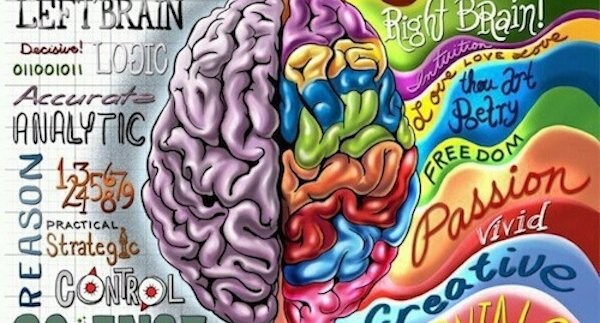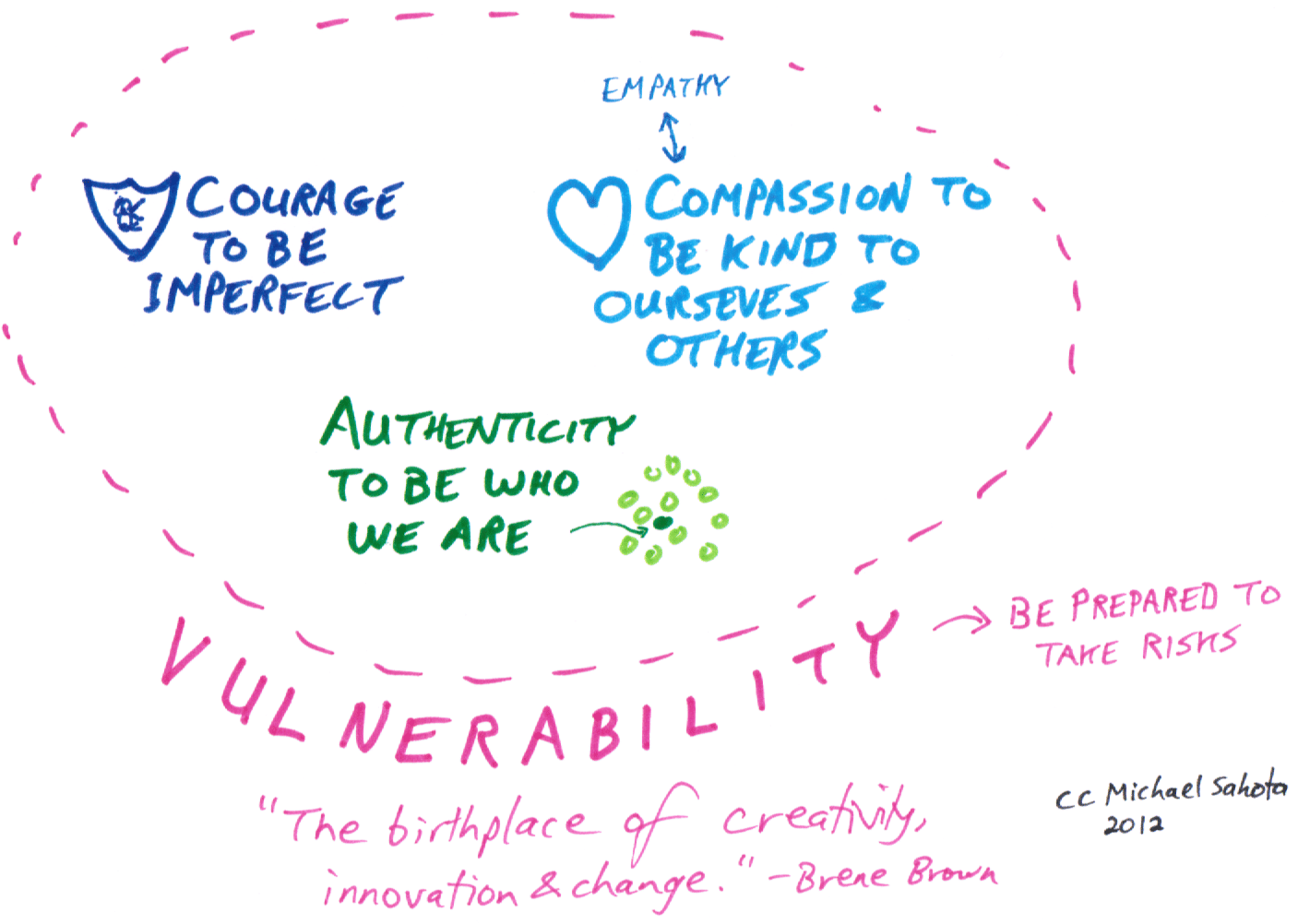Understanding Interoception
Interoception, often described as the awareness of bodily sensations, plays a pivotal role in our daily lives. It encompasses our ability to sense and interpret physical cues that originate within our body. These sensations can range from the fluttering of butterflies in the stomach during moments of nervousness to the warmth that engulfs us when we connect with someone emotionally. Additionally, Interoception encompasses our perception of physical discomforts like pain, hunger, and thirst.
The Impact of Chronic and Traumatic Stress
Chronic and traumatic stress can significantly alter our interoceptive awareness. This alteration can result in the dysregulation of our nervous system, leading to a wide spectrum of effects. At one end of this spectrum lies hyposensitivity, where individuals become less responsive to bodily sensations. On the opposite end, hypersensitivity manifests, causing individuals to become overwhelmed by these sensations.
Hyposensitivity: Numbing the Body
In cases of hyposensitivity, individuals may dissociate from their bodies or specific body parts, effectively numbing themselves to physical pain or emotions. This numbing can be advantageous in the short term, helping individuals endure periods of adversity. However, over time, it disrupts the bi-directional communication between the body and the brain, primarily facilitated by the Vagus nerve.
- The Vagus nerve, with 80% of its fibres dedicated to sensory functions, conveys information from organs like the gut and heart to the brain.
- The brain processes this information and, in turn, influences the remaining 20% of vagal fibres that transmit signals back to the body.
- Persistent dissociation from the body, characteristic of hyposensitivity, can disrupt these feedback loops, potentially leading to issues like arrhythmias, gut disorders (e.g., IBS), and chronic fatigue.
Hypersensitivity: Overwhelmed by Sensations
On the other hand, hypersensitivity to bodily sensations can result in individuals being easily overwhelmed by these feelings. For instance, the normal nervousness one might experience before a job interview can escalate rapidly into panic, triggering a fight-or-flight response. This heightened state can manifest as disorganized thoughts and an impending sense of doom, taking a toll on both mental and physical health.
- Physiologically, hypersensitivity can manifest as a racing heart, chronic pain, or digestive issues.
The Path to Recovery
Recovery from these extremes of interoceptive awareness involves moving back towards the middle ground. While it’s natural to experience unpleasant sensations when facing challenges or demands, the goal is to remain connected to our bodies and emotions without becoming overwhelmed or disconnected.
- Practicing Interoceptive Awareness: Engaging in practices that enhance interoceptive awareness is crucial. This involves recognizing and interpreting bodily sensations, fostering a connection between our survival brain and our thinking brain.
- The Role of the Insula and ACC: The brain regions known as the insula and the anterior cingulate cortex (ACC) play a pivotal role in down-regulating the survival brain. This regulation leads to a more balanced nervous system and aids recovery from chronic and traumatic stress.
- Engaging the Vagus Nerve: Interoceptive awareness helps activate the Vagus nerve, promoting a state of calm, balance, and centeredness. This engagement also contributes to emotional regulation, preventing extreme swings between anxiety and emotional shutdown.
A Holistic Approach to Well-Being
Interoceptive awareness isn’t just a mental exercise; it has profound implications for our psychological and physical well-being. Over time and with practice, we can restore and enhance the pathways responsible for managing physical pain, regulating organ function, and controlling emotions.
By developing interoceptive awareness, individuals can create a powerful shift in their lives, one that empowers them to recover from chronic and traumatic stress. This shift towards balanced interoceptive awareness offers a promising path to holistic healing and well-being.
Related posts:
 The Science of Integration: Understanding Harmony in Relationships and the Brain
The Science of Integration: Understanding Harmony in Relationships and the Brain
 Early Development, Adversity, and the Power of Relationships
Early Development, Adversity, and the Power of Relationships
 How and why children who have experienced trauma may find it more difficult to regulate their emotions and behaviours than other children
How and why children who have experienced trauma may find it more difficult to regulate their emotions and behaviours than other children
 The Power of Vulnerability and Shame Resilience in Education
The Power of Vulnerability and Shame Resilience in Education




